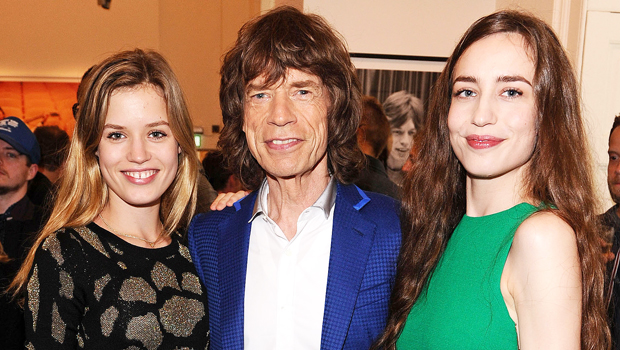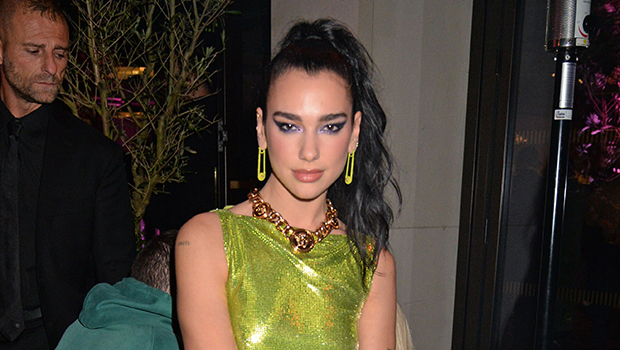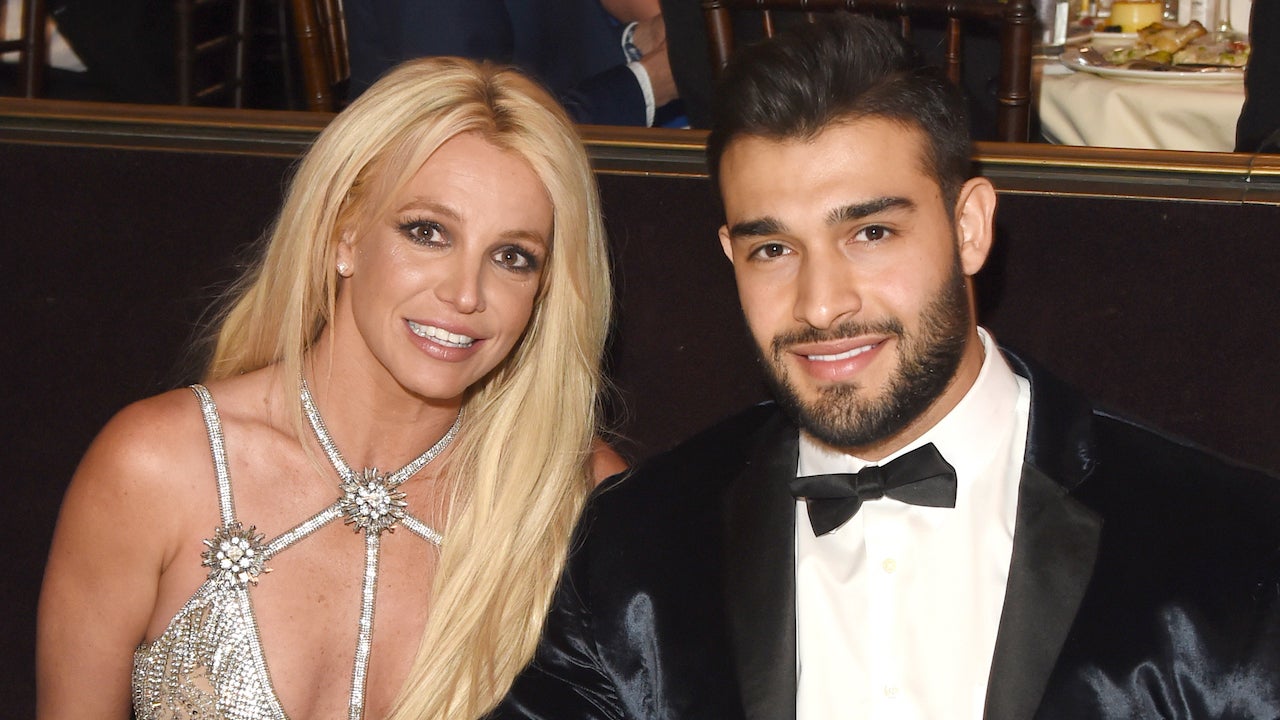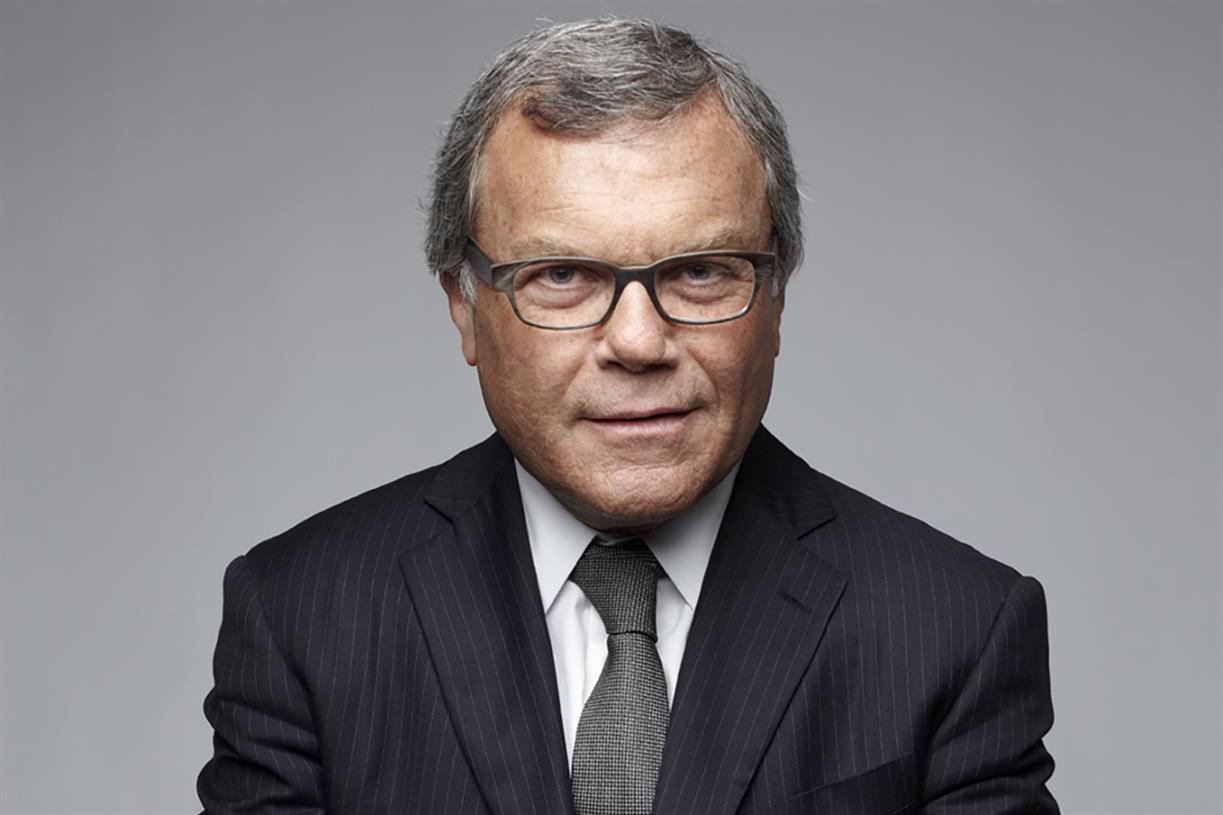Former CIA Official Charged with Being Secret Agent for South Korea
Sue Mi Terry, a former senior White House employee and CIA analyst, is accused of spying for South Korea.
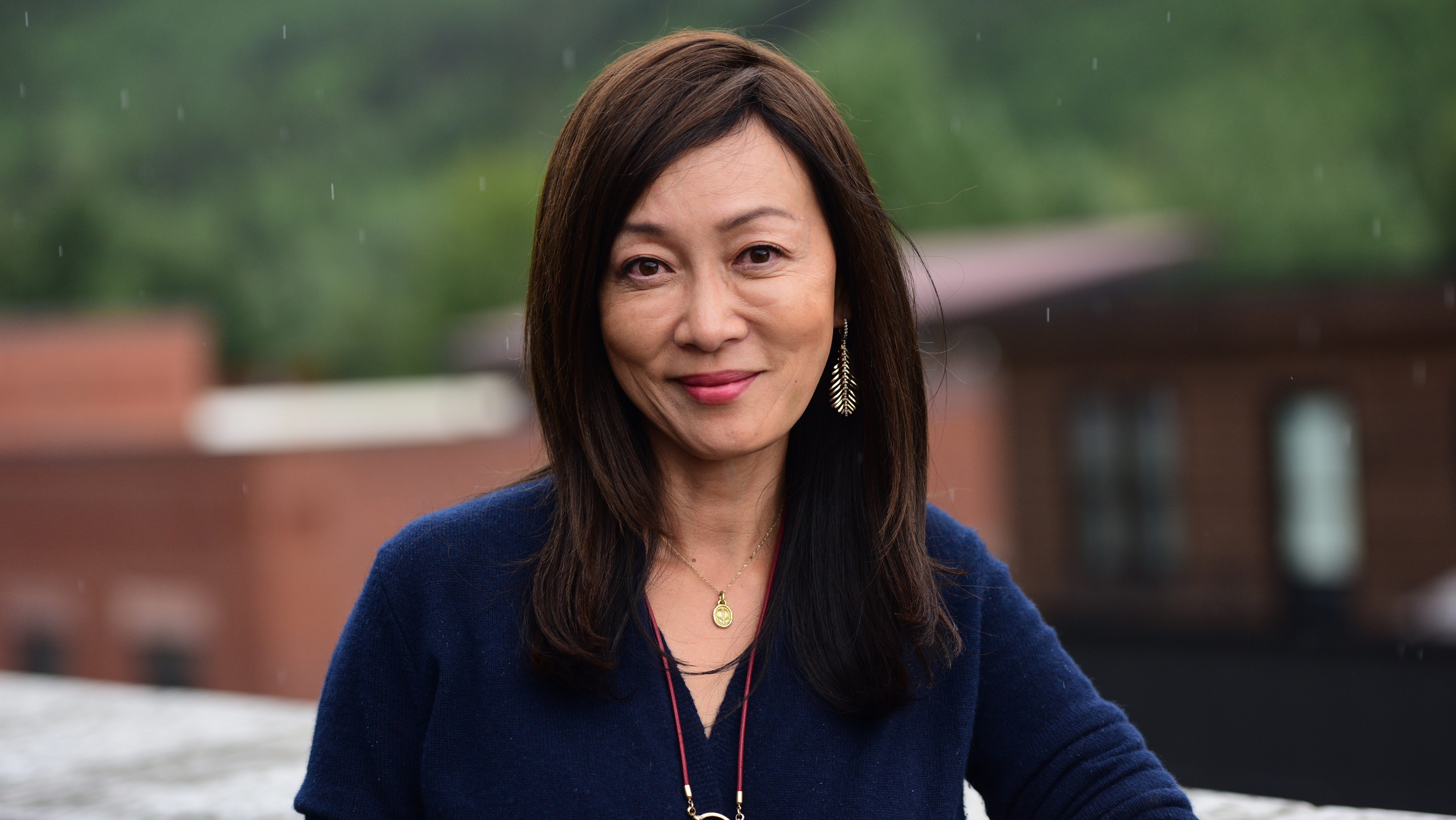

Former senior White House employee and Central Intelligence Agency analyst, Sue Mi Terry, seemingly had a penchant for designer goods and Michelin-starred restaurants.
The North Korean expert has been indicted by a New York grand jury on charges of secretly working as a secret agent for South Korea’s intelligence service, the U.S. Justice Department said, in exchange for designer labels, top-shelf sushi, and $37,000 for a fund that she controlled. The 54-year-old, who first acted as a foreign agent in June 2013, five years after leaving the CIA, as she began meeting with an unnamed “handler” on “multiple occasions,” according to the indictment, which was unsealed Tuesday.
“At the direction of ROK (Republic of Korea) government officials, Terry advocated ROK policy positions, including in published articles and during media appearances, disclosed nonpublic U.S. government information to ROK intelligence officers, and facilitated access for ROK government officials to U.S. government officials,” the indictment alleged.
“Despite engaging in extensive activities for and at the direction of” the South Korean government, Ms. Terry did not register as a foreign agent with American officials, as required by law, prosecutors said. She faces two counts, one for failing to register under the federal Foreign Agents Registration Act, and the other for conspiring to violate it.
“Dr. Terry has not held a security clearance for over a decade, and her views on matters relating to the Korean Peninsula have been consistent over many years,” Mr. Wolosky said. “In fact, she was a harsh critic of the South Korean government during times this indictment alleges that she was acting on its behalf.”
Damian Williams, the U.S. Attorney for the Southern District of New York, said in a statement that Ms. Terry had “sold out her positions and influence” for personal gain.
“The charges brought should send a clear message to those in public policy who may be tempted to sell their expertise to a foreign government to think twice and ensure you are in accordance with the law,” the statement read.
Some of the gifted goods, outside of the $37,000 fund they concealed by designating it as a “gift” account at the think tank where she worked, included a $2,845 Dolce & Gabbana coat, a $2,950 Bottega Veneta handbag, and a $3,450 Louis Vuitton handbag, the court document detailed.

 ValVades
ValVades 







